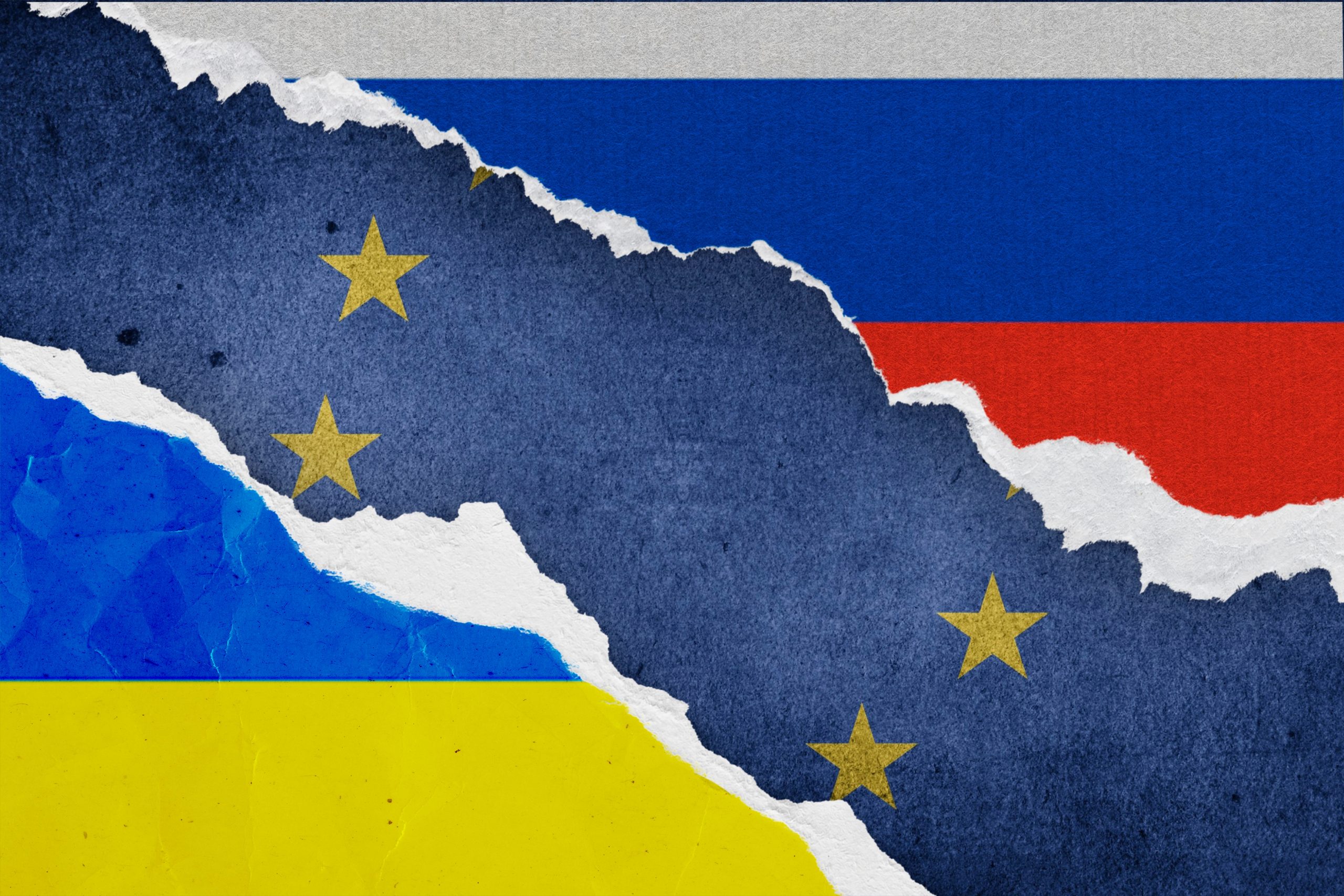Holding the line: Why Ukraine’s defence matters to us all
Foreign relations, unlike domestic issues, normally operate along a long arc. Since US president Donald Trump’s return to power, however, geopolitics have become far more deeply unpredictable, compressing major changes from years to months, weeks and, sometimes, even days. Political, military and trade disruptions now are so consequential that the best way to try to understand issues and solutions, including Russia’s war against Ukraine, is to return to first principles.
Although military and economic help from G7 members has been critical in preserving the independence of over 80% of Ukraine, some governments have tried to separate soft from hard power, preening the former and neglecting the latter. Soft power can only be effective if it is backed by commensurate hard power, whose central component is defence. Whereas in democracies defence expenditures must satisfy legitimate competing interests, G7 members also face unpredictable American leadership plus persistent Russian aggression in Europe and assertiveness globally. They need to confront both an inconvenient reality and a short window to address these threats and stresses effectively. Drastically increasing defence spending, then, is not a luxury; it is an exigency.
The United States remains the indispensable partner, providing extended nuclear deterrence and crucial logistical and military intelligence contributions. Yet President Trump, who immediately after assuming office returned Churchill’s bust to the Oval Office, is seemingly pursuing neo-isolationist policies that risk mimicking those of Neville Chamberlain. Trump’s stratagems seem to be a microcosm of overall global disruption and unpredictability.
Ukraine is critical to global stability
The good news is that, whether by domestic design or under extreme pressure from the US, most North Atlantic Treaty Organization countries have reached or surpassed the minimum 2% of gross domestic product expenditure on defence. Key European countries, including France, Germany and the United Kingdom, recognise Ukraine’s central role, not only in European but also in global security, and the growing danger posed by a relentlessly aggressive Putin regime. Poland is doubling its defence expenditures and armed forces, and Germany and France are moving in that direction. Japan, the sole non-NATO G7 member, is also significantly boosting its defence expenditures and self-defence forces.
Unfortunately, these impressive efforts take time to bear fruit. The Europeans have allowed their military forces and defence industries to atrophy to a level where Russia, with an economy below one tenth that of the combined G7 but with many years of immense military expenditures, poses a threat that is difficult to counter. The Europeans should thus vastly scale up the whole spectrum of their defence. NATO will need to rely on the US in the short term for some of the most advanced weapons, logistics and intelligence inputs.
Consequently, old NATO aphorisms about keeping the US in and the Russians out still resonate. Yet this should not just be a simple repetition of Cold War strategy, since the US is not likely to make the same level of contribution and Russia is not a superpower except for nuclear weapons, is not governed by a universalistic doctrine and is but an aggressive remnant of the Soviet empire. Furthermore, despite heroic attempts to find elegant explanations for Vladimir Putin’s regime, he is more mafia than Machiavelli.
Constructive containment
One central challenge, therefore, is to ‘right size’ Russia. The threat is real, but Russia is not unstoppable. By 1975, after 30 years, Germany, Italy and Japan – the Axis powers of 1945 defeated by the west – were successful democracies with vibrant internationally competitive economies. Contrast that with a post-1991 Russia, 30-plus years later, where, with the exception of the oligarchs (and Putin himself), the overwhelming majority of its people are poorer than even Romanian or Turkish citizens, inhabiting an energy-dependent, largely un-modernised, uncompetitive economy wracked by rampant corrosive corruption. Since Putin is not prepared to address the fundamental economic and political issues that would threaten his power, he has become dependent on external crises, real or manufactured, to divert popular attention away from those fundamental domestic problems and play on the worst instincts of the Russian people – fear of chaos and historical xenophobia.
Possibilities for constructive engagement with Russia are limited. Trump’s vision of a grand agreement with Russia where it switches from partnering with China to the US is a perilous delusion. What is realistic is a new form of containment with Ukraine kept safe, Russian aggression stopped – at the very least no further than today’s lines – and the remaining 80% of Ukraine becomes viable. With western help, Ukraine can defend itself, and become a thriving, prosperous democracy. This would set the most powerful example to the Russian people of the possibility of Slavic states becoming true winners, like democratic Japan, Germany and Italy.
Such new containment, however, can only succeed if G7 leaders mobilise national capacity, make their economies more resilient, expeditiously escalate their defence capabilities and commit to safeguarding Ukraine. Moreover, they must persuade Trump that this is the best way for the US to be great and secure, and win together with the other members and, ultimately, with the rest of the world, including the long-suffering Russian people who deserve to see a far better post-Putin future.












